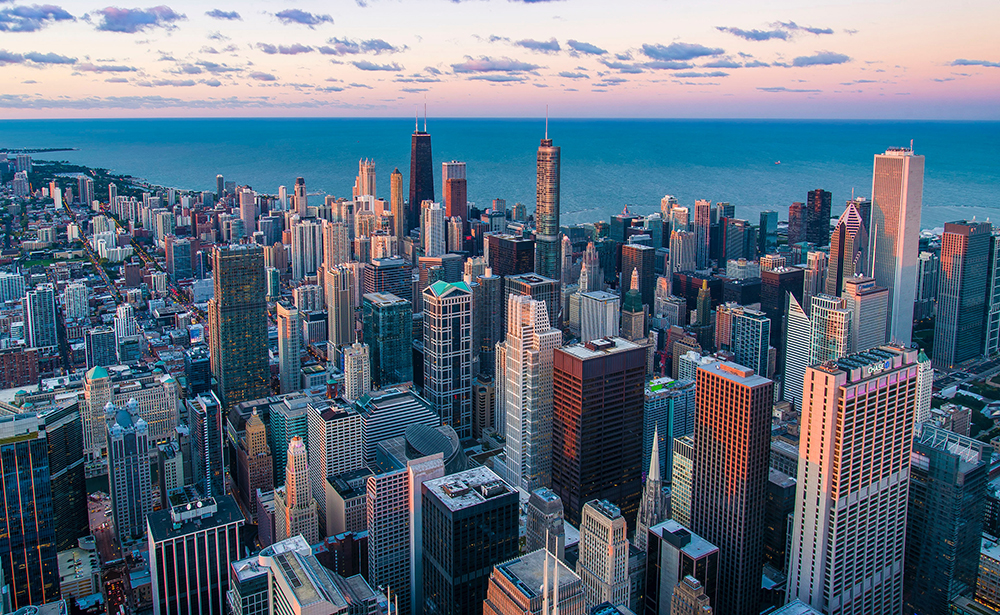
- Sibal had said that it is unconstitutional for any state to say no to a law passed in Parliament
- Khurshid said that everything remains tentative until SC says something
New Delhi: Congress leader Salman Khurshid, while reacting to Kapil Sibal saying that it would be unconstitutional for a state government to say that it won’t follow a law passed by Parliament, said that everyone would wait for the final pronouncement made by the Supreme Court in connection with the case. He further said that everything is tentative until the Supreme Court decides something.
Khurshid said, “If SC doesn’t interfere it’ll remain on the statute book. If something’s on the statute book, you’ve to obey the law, else there are consequences.” He also added, “It’s a matter where state governments have a very serious difference of opinion with the Centre as far as this law is concerned. So we would wait for the final pronouncement made by the SC. Ultimately SC will decide and till then everything said/done/not done is provisional and tentative.”
While speaking at the four-day Kerala Literature Festival in Kozhikode, Sibal, on Saturday, had said, “You’re sending a message to the Union of India that all states are unhappy with CAA-NRC-NPR, wish they listen to the message. However, since the CAA is passed, no state can say that they won’t implement it. It is impossible and unconstitutional. You can pass a resolution in the Assembly and ask the central government to withdraw it,” while also adding, “However say for a state to say that they won’t implement it would be constitutionally problematic. It is only going to create more difficulties.”
Sibal’s comment came days after Punjab passed a resolution against the new law with Chief Minister Amarinder Singh urging the Centre to repeal the Act. Punjab became the second state to pass the resolution against the Act after Kerala. Several other states have also been opposing the Act and have said that would not allow the implementation of the Act in the respective states.





More Stories
As the pandemic wreaks havoc on TV and movie ‘love lives’, intimacy coordinators need to find ways to adapt